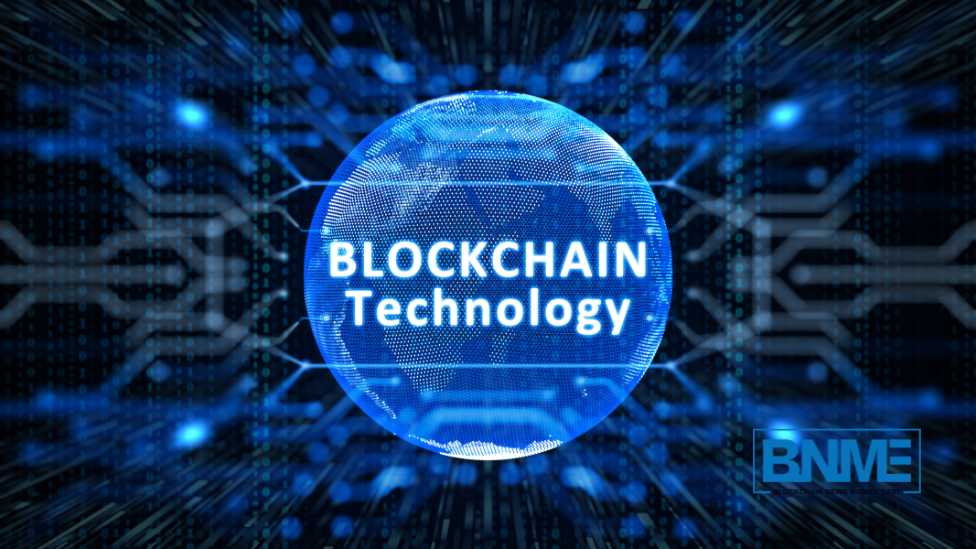Although fraud is still a problem in many Middle Eastern industries, new approaches using blockchain technology are making a big dent in the problem.
5 Practical Ways Blockchain Is Fighting Fraud In The Middle East
This article presents five practical ways blockchain is fighting fraud in the region, backed by facts and examples that can be linked.
Secure Digital Identities
Around 1.7 billion adults throughout the globe do not have access to formal financial services, mostly because of problems with their identity, according to the World Bank.
One use case is the creation of trustworthy digital identities, which blockchain technology enables. Efforts in the Middle East to combat fraud and identity theft are being spearheaded by initiatives such as the “Emirates Blockchain Strategy” of the United Arab Emirates.
Transparent Supply Chains
Blockchain enables end-to-end transparency in supply chains. Platforms like VeChain are used to trace the journey of products, ensuring authenticity and fighting fraud by eliminating counterfeit goods from the market.
Fraud-Resistant Voting Systems
Reported cases of electoral fraud show that this is still an issue on a global scale.
For instance, in certain parts of the Middle East, people are looking into blockchain-based voting systems, which offer safe and open platforms. These systems improve the security of voting procedures by logging votes on an immutable ledger, making fraud less likely to occur.
Blockchain Technology for Electronic Contracts: Verifiable Information
Businesses in the Middle East are mostly worried about legal and regulatory matters, according to a PwC Middle East survey.
As an example, the smart contract features of blockchain eliminate middlemen by automating and enforcing legal agreements. This makes legal transactions in the Middle East more efficient, lessens the likelihood of fraud, and simplifies processes.
Transparency in Combating Money Laundering (AML)
The fact is that money laundering is a pertinent issue on a global scale, according to the Financial Action Task Force (FATF).
If we take blockchain as an example, its immutable and transparent ledger can help with anti-money-laundering (AML) initiatives. In an effort to better monitor and forestall money laundering, Middle Eastern financial institutions are investigating blockchain systems such as Chainalysis.
CONCLUSION
The Middle East is seeing the rise of blockchain technology as a powerful tool for fighting fraud in many different industries. With its decentralized and transparent nature, blockchain is revolutionizing the way trust and security are approached in the region. Its applications range from protecting digital identities to making supply chains more transparent, preventing election fraud, allowing smart contracts, and improving AML compliance. Blockchain technology is a powerful tool in the battle against fraud in the Middle East, thanks to these ever-changing initiatives.




























